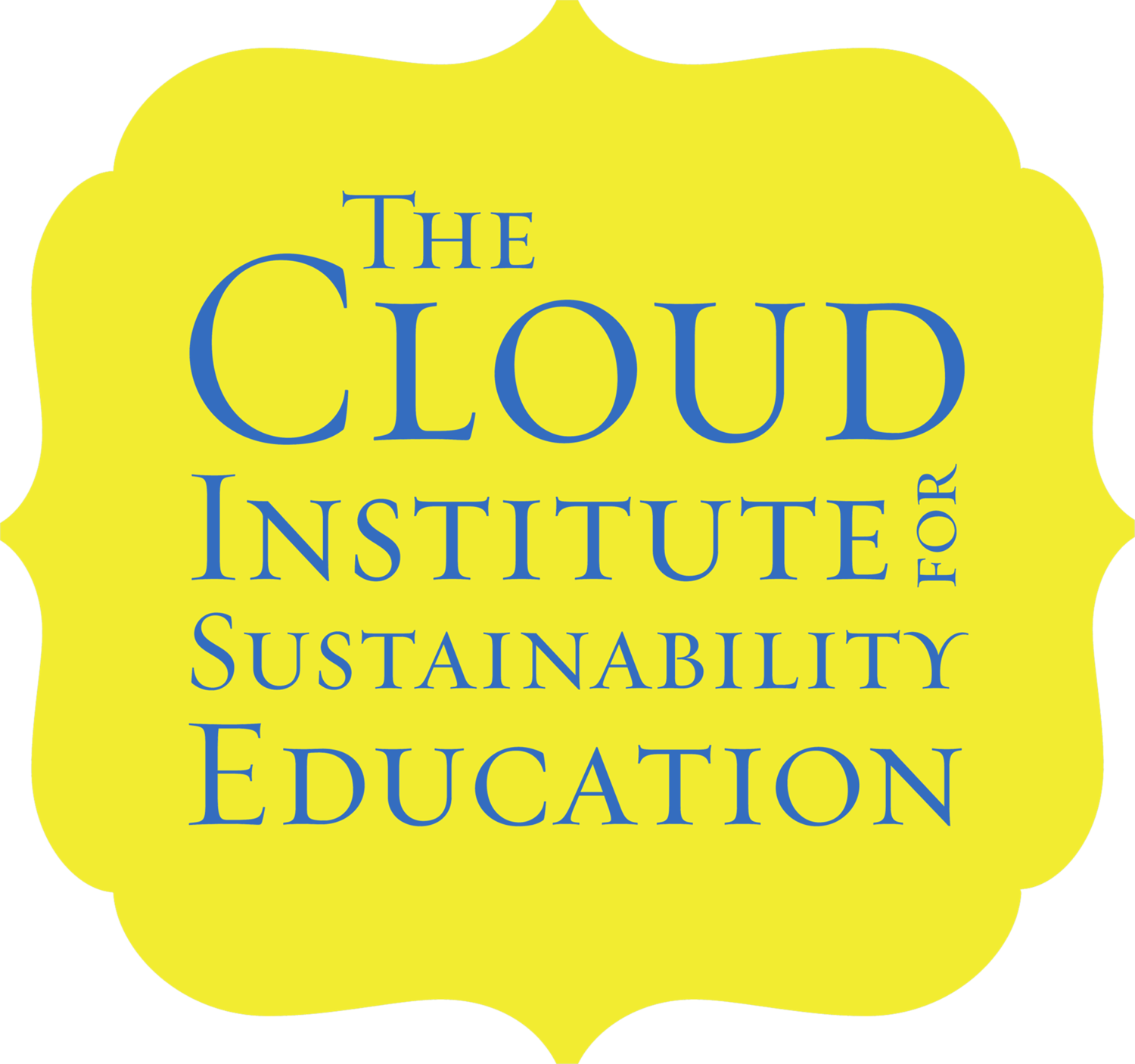The Key Is Bees
/By Elizabeth Kipp-Giusti
Scientific Study Devised and Written By Group of 8-10-Year-Olds Reveals Students’ Capabilities

There are beautiful moments in education when learning about the world around us also teaches us about ourselves. A scientific study about bumblebees’ spatial relationships and color perception, published in the December issue of the Royal Society’s Biology Letter and written and devised entirely by a group of 8-10 year-olds, is an example of just such an opportunity.
The children set out with a playful, exploratory scientific approach to map new territory in understanding how bees perceive colored patterns and spatial scales, while simultaneously disproving preconceptions about young people’s abilities. Their enthusiasm and success express a curiosity about the world that may often be lost in more academic studies. Their teacher sees this eager dedication as important insight into science in general, explaining that it “makes explicit the commonality between science, art, and indeed all creative activities.”
Conditions and responses to 'Test 1" (control)
But more than simply an example that students are possible of breaking academic limits, this experience also shows the paradigm shift that educating for sustainability can create in students’ minds. As they explain in their introduction, “If bees are like us in some way, then understanding them could help us understand ourselves better.”
Through their experiments, they began to understand how the bees were learning, as well as the fact that the bees seemed to have color preferences, leading them to appreciate the important role of bees from a hands-on perspective. To this end, they write, “Knowing that other animals are as smart as us means we can appreciate them more, which could also help us to help them.” At the end of the day, the same holds true for students. Expanding and understanding their intellectual agility can help educators provide them with better support and greater, more enriching challenges in the future.

